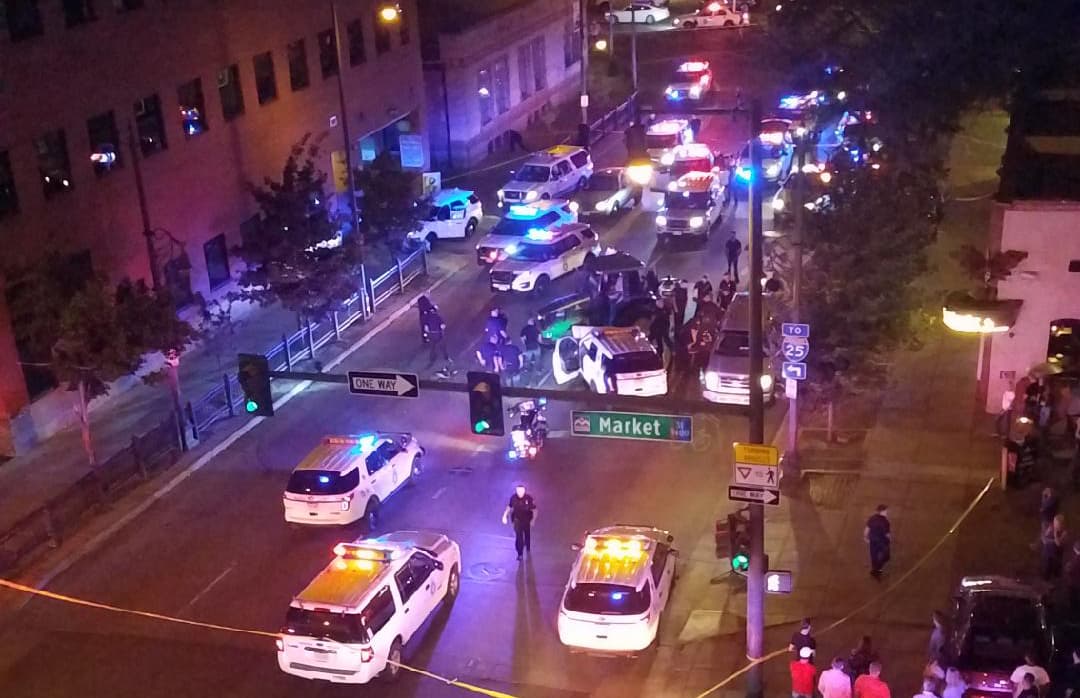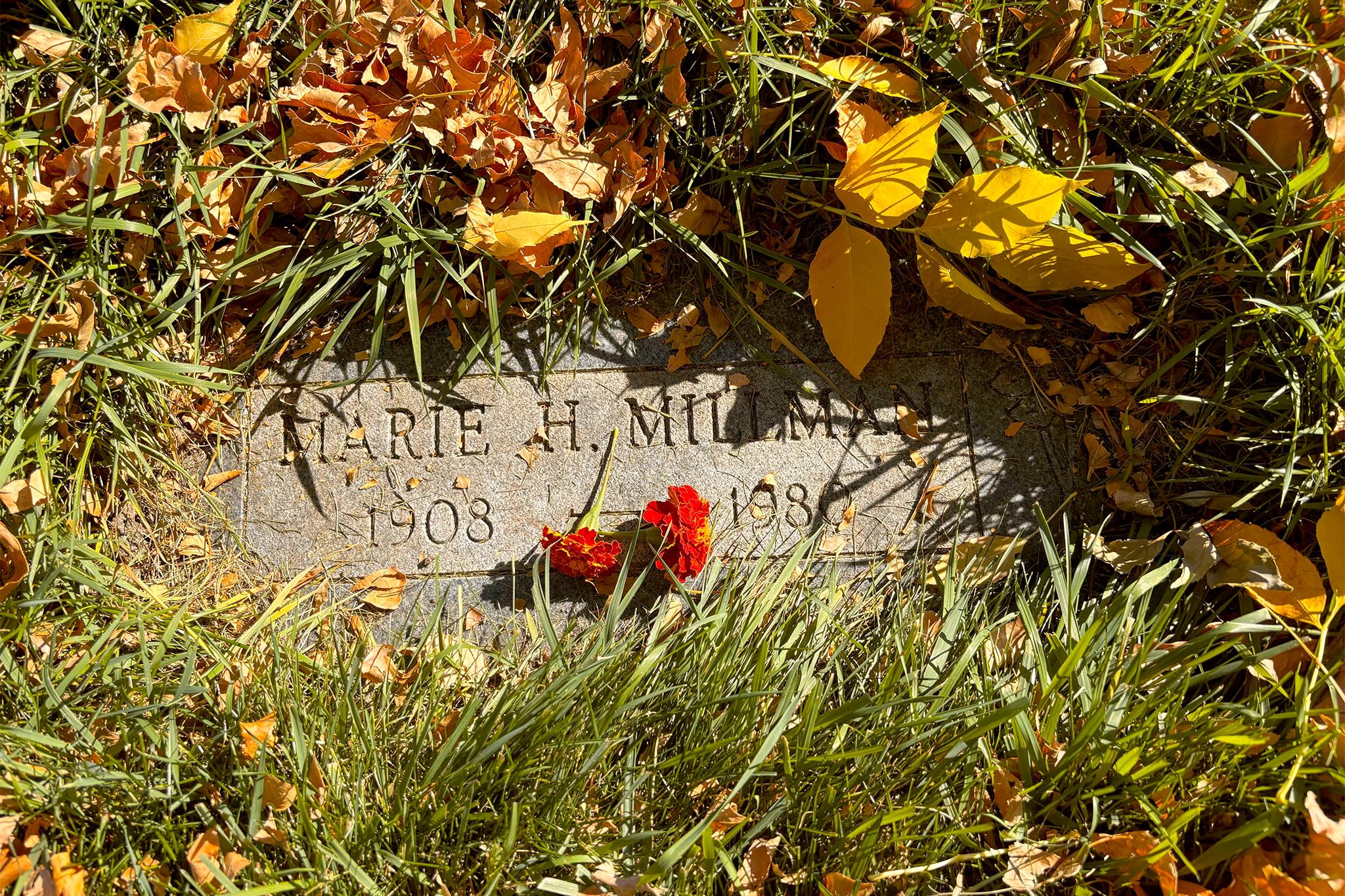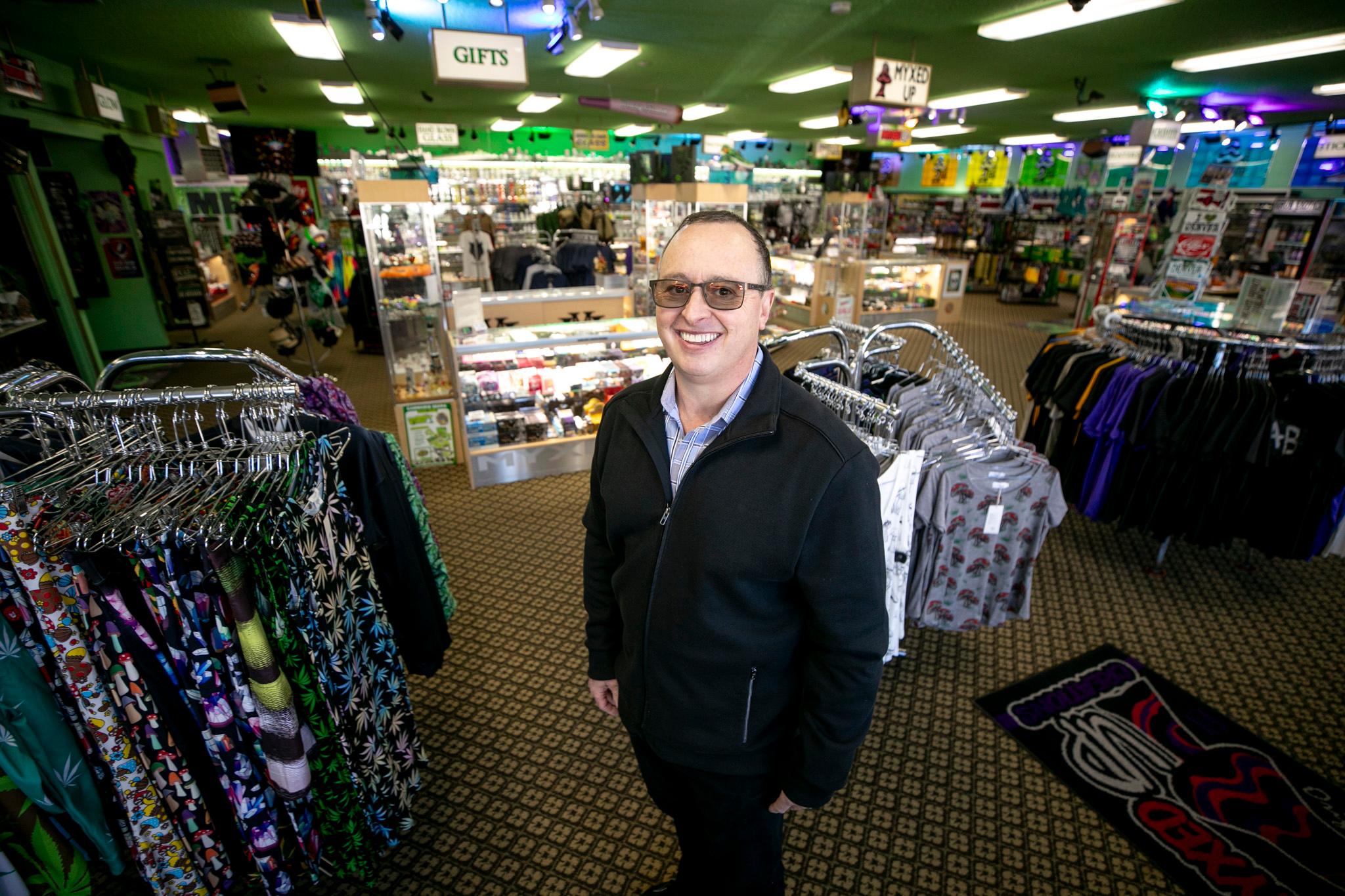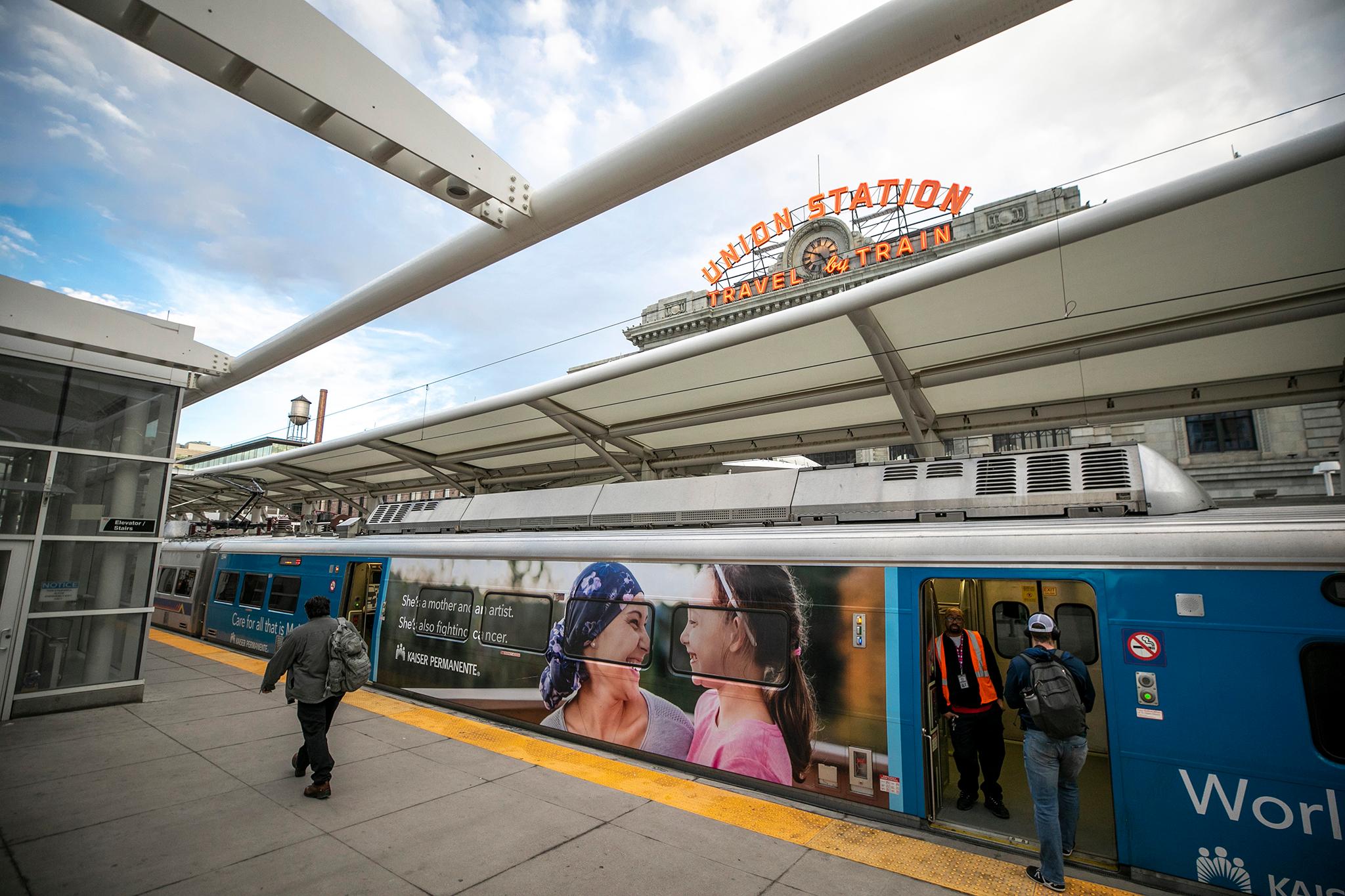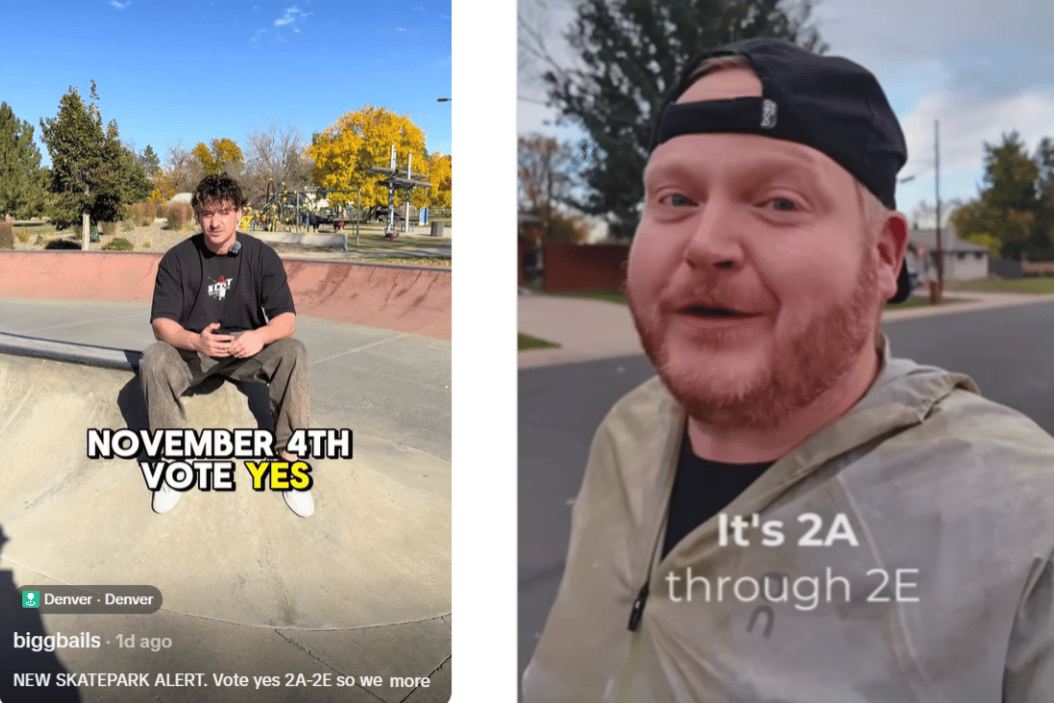It sounds like the makings of a police buddy comedy: police officers being assigned a partner whose job is to be a sensitive, caring presence concerned with a suspect's emotional state.
But it's very serious. Since 2016, Denver cops have been pairing up with behavioral health professionals who have an eye for and expertise in people experiencing mental distress. At first, assigning a social worker to cruise around with officers included a lot of averted eye contact during morning roll call.
"There's two things I've learned that cops hate," said Scott Snow, director of the Denver Police Department's crisis intervention team. "Change and the lack of change."
Once the benefits became obvious, those averted gazes turned to eagerness, Snow said during a Denver City Council safety committee Wednesday.
Denverites who get caught in what can be a vicious cycle of arrests and jail sentences often suffer from mental health issues. Treating the person as a patient instead of a criminal can help stop that cycle from happening or starting altogether.
"I think what we're seeing pretty consistently is that 911 is the number that people remember on a regular basis since the day they were able to remember a number," said Chris Richardson from the Mental Health Center of Denver, which partners with police. "So when a crisis happens ... what we're providing is a connection to systems that are in place currently."
In 2018, clinicians made contact with 1,725 people, according to city documents. Of those people, 3 percent were arrested and 2 percent were either ticketed or given a citation.
About a quarter of people contacted by clinicians went on to the Mental Health Center for support and recovery. Most people are either treated on-scene for "acute" problems, Snow said, or are already enrolled in a mental health program and don't need the Mental Health Center's services.
Twenty-four percent of the people contacted were experiencing homelessness, according to city documents.
City Councilwoman Robin Kniech said she was concerned that Denver Public Schools were not benefiting from the program based on conversations she had with the system's head of security. Police officers were often responding to suicidal students, "which to me felt like perhaps not a best practice in terms of a vulnerable youth who's not actively in the middle of an attempt," she said.
Snow said the clinicians have worked inside schools, but there's no formalized process.
Denver has 14 behavioral health workers on duty, which doesn't get the city to where it wants to be, Snow said. But it's up from just two clinicians when the program began three and a half years ago.

